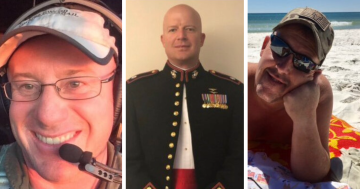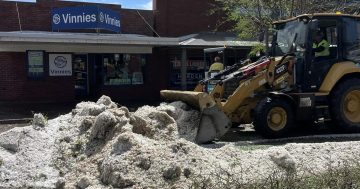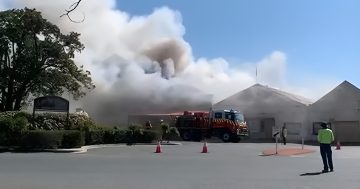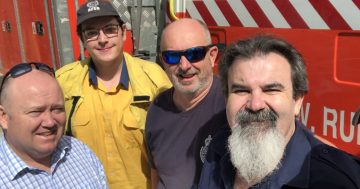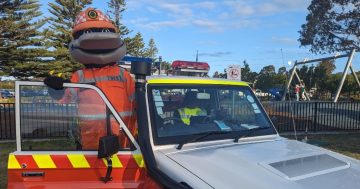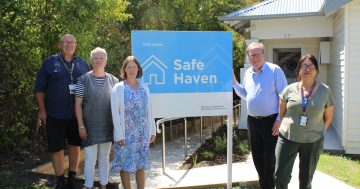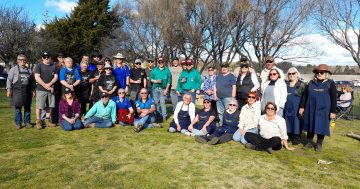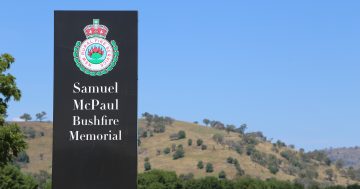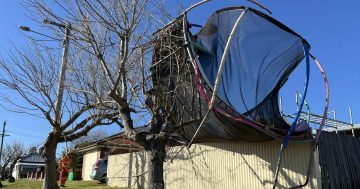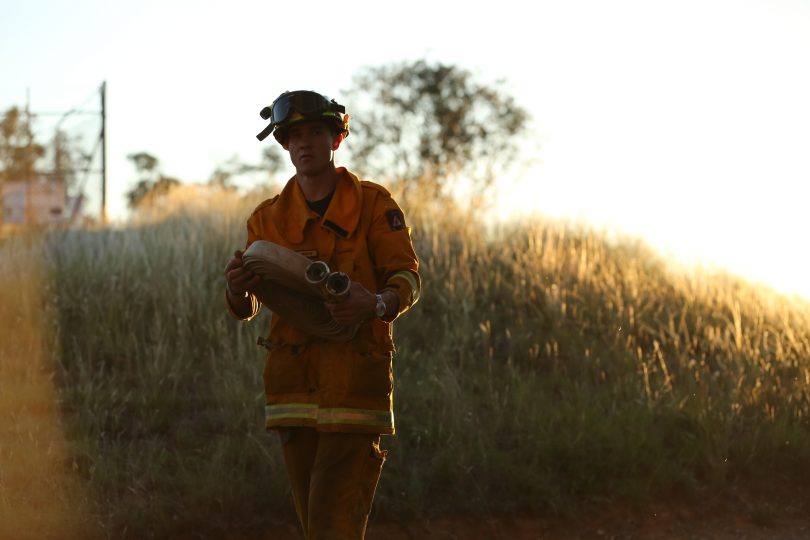
More than double the number of NSW Rural Fire Service members reached out for help following the 2019-2020 bushfire season compared to previous years. Photo: Supplied.
Demand for NSW Rural Fire Service (RFS) mental health and support services more than doubled following the Black Summer bushfires of 2019-2020, with more than 3300 members seeking assistance.
The surge in requests came after more than 450 NSW RFS members experienced some form of damage or loss at their own properties, with at least 70 losing or sustaining damage to their homes, new figures compiled for Region Media reveal.
Despite the loss and hurt felt by the volunteers, former ACT Emergency Services Authority Commissioner Peter Dunn said he was certain they would reject any payments that singled them out for “special treatment”.
Mr Dunn, who is the coordinator of the Conjola Community Recovery Association, said volunteers in the RFS and other emergency services are dedicated to their community.
“Knowing the people involved, I would be very surprised if they did not act adversely to that suggestion,” he said. “They do not want to be treated differently – they see this as their community job.
“What happens typically if someone did lose their house from flood or fire, the local brigade or local community bands together and helps them if they were out fighting the fire or sandbagging.”
Recommendations from the Royal Commission into National Natural Disaster Arrangements, which includes employment protections for volunteers, would address some of these problems, but are yet to be put in place, said Mr Dunn.
Communities across Australia banded together in the wake of the devastation caused by the Black Summer bushfires, and this extended to the mental health and trauma of those who were affected.
Batemans Bay Rural Fire Brigade captain Ian Aitken said how important speaking about mental health was for volunteers following the devastation and trauma of the 2019-2020 bushfire season.
He said there is no longer a stigma associated with asking for help.
“The old ‘I am tough’ routine does not cut it anymore,” said Mr Aitken.
“A couple of people did get the help they wanted and they are doing their sessions, and it is definitely helping them.”
An RFS spokesperson said the organisation is continuing to make sure support is in place and available to all members who need it after the “enormity, ferocity and unprecedented length of the last season”.
Additional supporters have been added to its critical incident support services, and peer supports and chaplains have been called in from other agencies to help with the demand.
A confidential counselling, coaching and wellbeing service is free to all RFS members and their families, while online support sessions are also available.
Lifeline’s 24-hour crisis support line is available on 13 11 14.
Original Article published by Dominic Giannini on The RiotACT.







